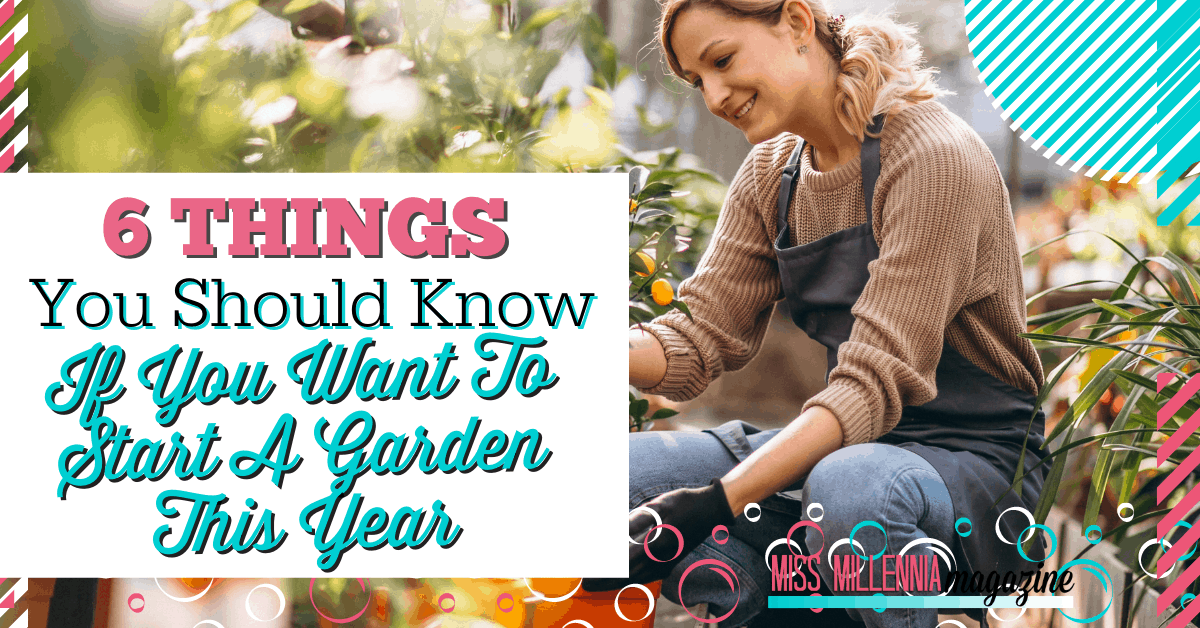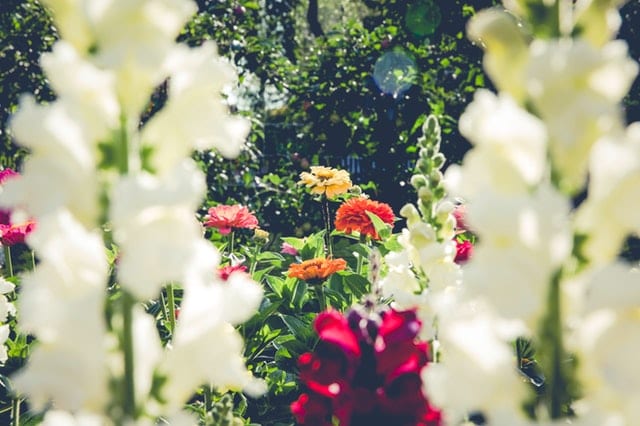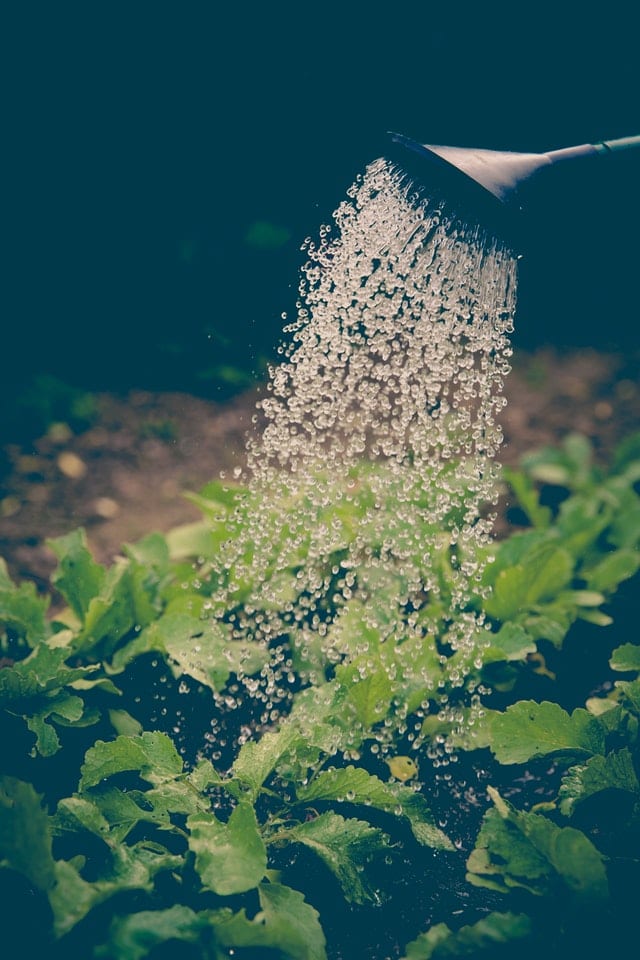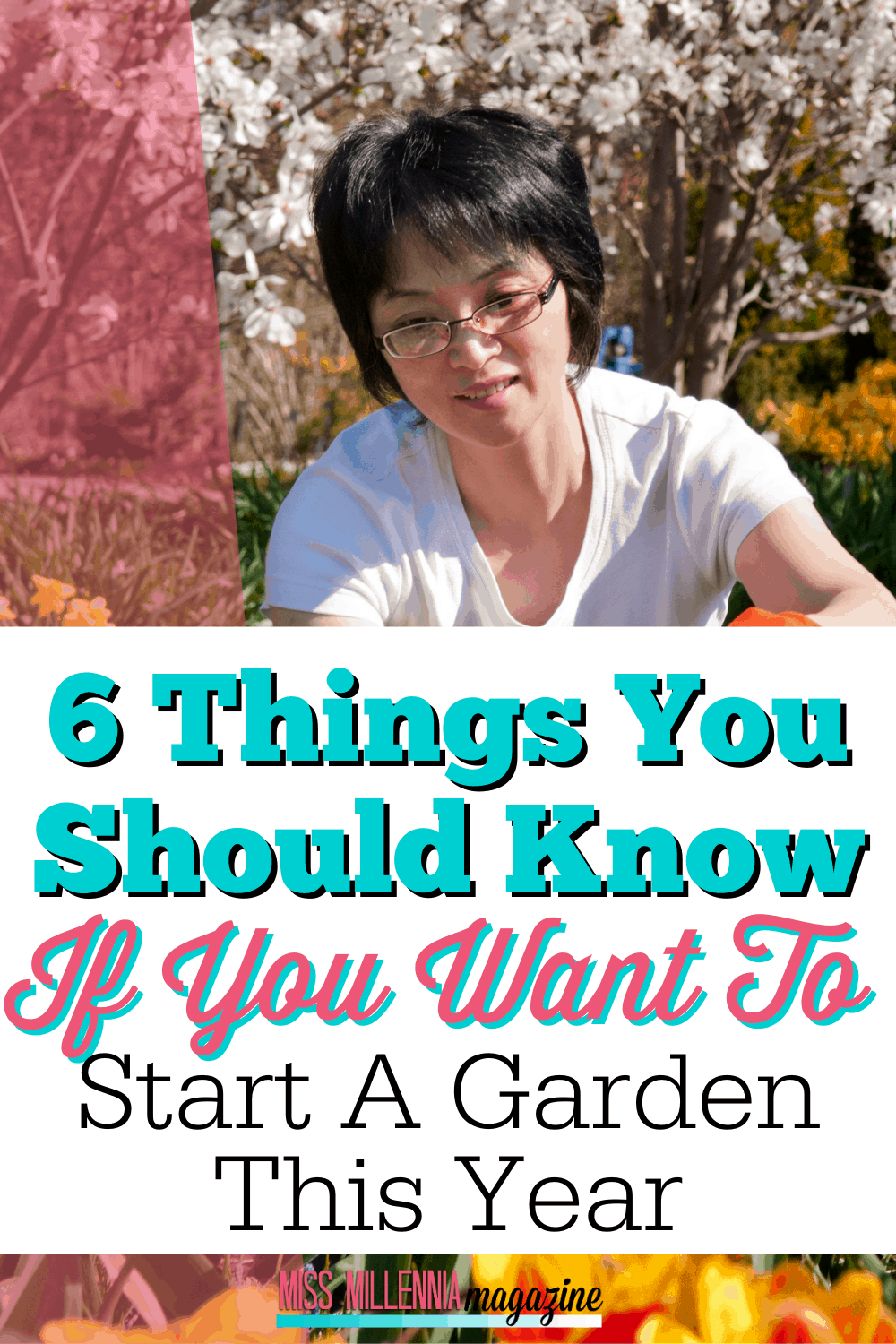6 Things You Should Know If You Want to Start a Garden This Year

As a kid, I always helped my parents with their garden during summers. Digging holes, planting seeds, pulling weeds, and hose-watering (both the plants and myself) were key parts of my childhood.
Now that I’ve moved into an apartment in the city, though, I’ve had no plants of my own. I didn’t realize how lucky I was to have fresh vegetables and pretty flowers at my fingertips! If you’re ready to develop your green thumb, follow our tips on how to start a garden below!
1. Make a Plan

One of the most important steps, when you start a garden, is making concrete garden plans. First, where will you put it? Will you you be planting flower garden beds on your front lawn, dig a vegetable garden in the backyard, buy raised beds, or use planters on your deck?
Take sunlight and garden soil quality into account, too, if you can. These extra considerations will help you get the most out of your young plants. If you’re like me and live in an apartment, the gardening options are a little slimmer.
But that is just fine; it’s okay to start small. Check out this book for tips on planting in small spaces.
Now that you’ve mapped out where your garden will be, it’s time to decide what you will plant. Do you want fresh produce and herbs to cut down on grocery bills? Maybe pretty flowers to brighten up your home is more appealing. If you do want a flower garden, you also must decide if you want annuals, which you have to plant each year, or perennials, which you plant once and come back year after year.
Some good easy-to-grow plants for beginners include lettuce, tomatoes, sunflowers, amaryllis bulbs, and pansies. For your first garden, choose just a handful of plants until you find out if you have a green thumb. That way if things don’t go well, you won’t have spent a lot of money and time on your garden for nothing.
2. Get the Right Tools
It’s tempting to start a garden with just the hands you were born with, but you are much more likely to succeed if you invest in the right tools. A good trowel is essential for digging through any type of soil. Pruners help clip off dead or overhanging parts of the plants as well as snipping off flowers you want to take inside.
If you’re really planning on getting down and dirty in your garden (or just got a manicure) grab an inexpensive pair of garden gloves. Not only will they keep your hands clean, you’re also less likely to touch anything unpleasant. Think bugs, thorns, and sharp leaves. You don’t have to go overboard with your gardening toolbox, just be prepared!
3. Do Your Research
Don’t start a garden without first doing extensive research. Unless you’re some kind of plant whisperer, there is no way you know what’s best for everything you want to plant. Spend a few hours in the library, on the internet, or at a garden center and figure out if the garden of your dreams can become a reality.
For instance, some plants only thrive in super wet climates; if you live in a desert, they’re probably a no-go. Or maybe you plan on taking a long trip this summer. That means you’ll either need to recruit a friend to water your plants or choose some that are drought-tolerant since they won’t get a drink for a while.
There are also some plants that “get along” in a garden together and some that won’t thrive if another certain plant is there. Read more about plant compatibility in this book to ensure your garden will grow harmoniously!
4. Water, Water, Water!

Markus Spiske raumrot.com via Pexels
This one might seem obvious, but watering your plants properly is key to their growth. Unfortunately, there are no hard and fast rules when it comes to watering, however, it is important to have a good hose. Flexogen garden hoses are a good choice, as they have light to heavy-duty hoses available depending on the needs of your garden.
The amount and frequency of water depend on the plants, the soil, and the weather. Some plants are hearty and don’t need frequent watering, while others are more thirsty. Read your seed packet or scour the internet to find out what your plants like. A humid or rainy climate allows you to water less frequently, too.
Plants that need water will start to wilt at the hottest part of the day, so that’s a good cue to give them a drink. If your soil is dry and/or it hasn’t rained in a while, you should probably water your garden. Seedlings are in a super delicate state, so give them a good watering daily, then space it out as they grow.
Try to water your plants in the early morning or late evening to avoid too much evaporation (which isn’t great for the plants or your bank account). Finally, water slowly and deeply, allowing the water to soak into the soil. If the water is running off, the plants either aren’t thirsty or you are watering too hard.
5. Commit to Maintenance
When you start a garden, you’re making a commitment almost as big as getting a pet. Your new plants require proper attention and care in order to thrive and give something back to you. There is always something to be done in your garden. Pulling weeds, trimming, watering, tying things up, mulching, fertilizing, the list goes on.
The more time you spend in your garden, the more you will come to know your plants and what they need. It sounds a little hokey, but seeing the daily changes in your plants is the best way to anticipate what they’ll need to be their best. Put in the extra effort and time and your plants will reward you with a big harvest!
6. Enjoy It!
Gardening is a lot of work but you will feel so proud of yourself when your plants start to flourish! Try not to focus on the fact that bugs have chewed holes in your tomato leaves or your flowers look wimpy. Starting to decorate your garden ready for the summer can always be quite hard.
Corner sheds are becoming more and more popular in the last few years, why not invest in one of them. Don’t sweat the small stuff and enjoy your time outdoors. When you finally do get some delicious fresh veggies without a trip to the supermarket or a bouquet you grew yourself, all the little irritations won’t matter.
If your garden is large enough, decorate it with some unique lighting, a birdhouse, or a cafe table. Gardens make the perfect oasis for summer nights alone or with friends!
Get help for your San Antonio garden and trees here!
